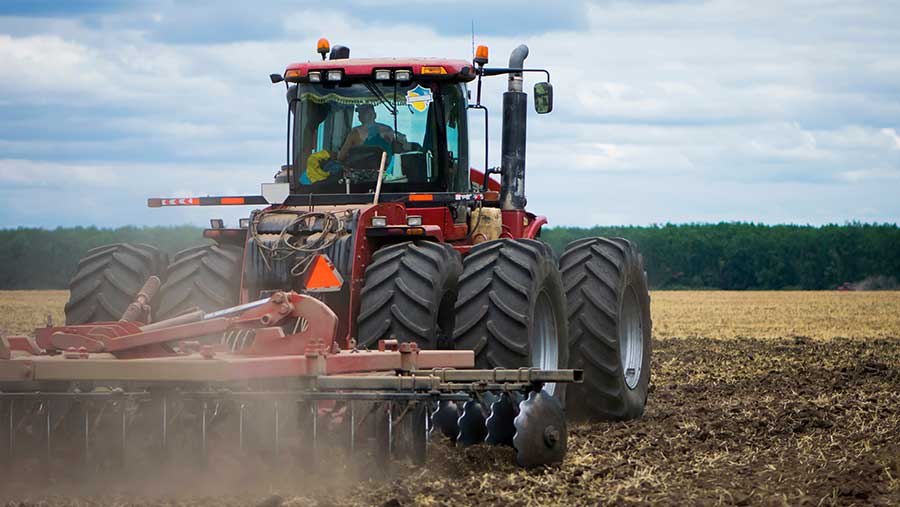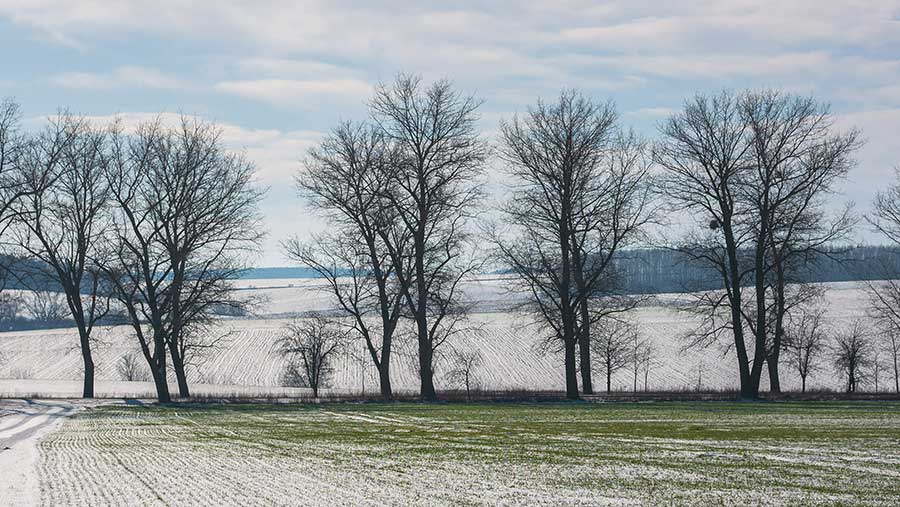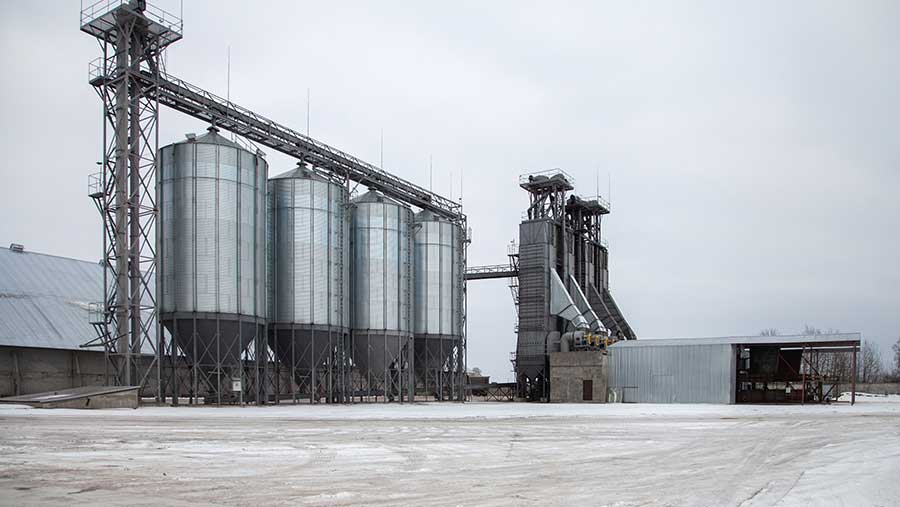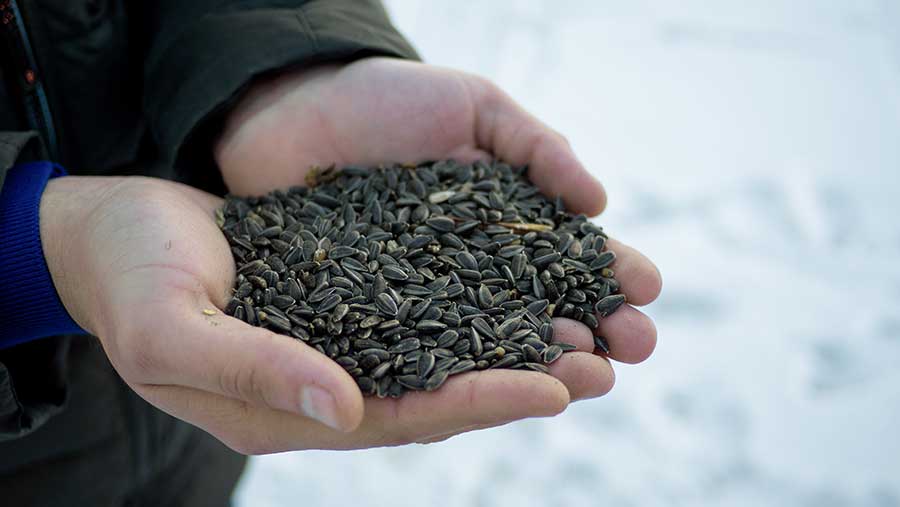Farming in Ukraine: Resilient farmers repair army equipment
 © Oleksandr Filatov/Adobe Stock
© Oleksandr Filatov/Adobe Stock Ukrainians are going through the most difficult winter in their history – millions have lost their jobs, their businesses are on the verge of collapse and farmers, particularly those in the occupied territory or near to the frontline, risk their lives on a daily basis.
Their fields are littered with mines and unexploded ordinance, livestock has been killed, infrastructure destroyed, tractors and combines burned or stolen, and there has been immense human loss too.
See also: Farming in Ukraine: Q&A with agricultural journalist in the war zone
About the author

Ihor Pavliuk is an agricultural journalist based in the Cherkaska region of central Ukraine, south of Kyiv.
Here, he talks about the challenges facing Ukrainian farmers and how they are overcoming them.
The majority of Ukrainian farmers are not desperately poor, and most could move somewhere safer and live on their savings if they wanted.
However, I do not know of a single example of that happening. Farm owners have stayed with their families and employees and tried to revive their businesses.
They distribute food to civilians, buy ammunition for soldiers, and hand over trucks and tractors to the army.
Many have, somehow, found the generators and fuel required to put grain dryers into operation while they wait for energy workers to fix grid connections.
Some farmers have been left with the bodies of hundreds of Russian soldiers and dozens of burned-out armoured vehicles on their land. Others must work out what to do with downed helicopters and planes.
Everything that can be repaired is sent to the army. Today, hundreds of Ukrainian farmers are helping to fix military pickups, trucks and other machinery, which will go back into battle.
When freedom is at stake, their resilience knows no bounds.

© Ihor Pavliuk
Crops to cut
Currently, more than 50% of the corn crop remains unharvested in the fields of Ukraine, as well as significant areas of soya bean and sunflower.
Wet weather and a shortage of combines hindered harvest and, in the frontline regions, tractors, harvesters and trucks are blown up by landmines regularly.
Yields are irrelevant if the grain can’t be harvested, dried and stored.
It is lying all over the country in silos, garages, livestock barns and giant plastic bags, equating to millions of tons of bread that is urgently needed in countries across the world.

© Ihor Pavliuk
But this grain is almost impossible to export in any significant quantity so, while prices might be rising everywhere else, it is worth very little in Ukraine.
Naturally, farmers are unwilling to give it away for less than it cost to grow.
If the export situation does not improve in the next few months, farmers will drastically reduce the amount they drill. Already, 20-25% of the planned area of winter wheat is unsown.
It’s a negative spiral that will see Ukrainian farmers earn less money and make it difficult for them to purchase new machinery, fertiliser and pesticides.
But, amazingly, some agricultural companies are starting to rise again like a phoenix from the ashes, gradually repairing buildings, clearing fields and finding the financial credit to begin working.
All is not lost, we will not give up, and we will not be defeated. We can live without electricity and natural gas, but not without freedom.
Most likely, we will celebrate Christmas this year by candlelight as the rockets rain down on our energy infrastructure. But winter will end, and we will start sowing bread again…

© Ihor Pavliuk

